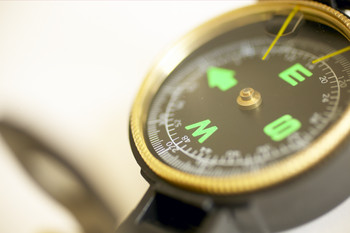Editorial Note

Editorial Note: Irreversible consequences -- including reduced visual acuity and blindness -- can result from the use of consumer fireworks, especially bottle rockets. Analysis of the USEIR database indicated that a high proportion of fireworks-related injuries occurred among young males -- a finding consistent with previous reports (1,2). These findings are similar to the results of a study in Washington in which injuries were associated with improper use (both intentional and unintentional), product malfunctions (e.g., short fuses, erratic flight, or tip-over), and high temperature (2).
Consumer fireworks -- including bottle rockets (classified as 1.4G {formally known as Class C} fireworks) -- have been banned in 10 states (Arizona, Connecticut, Delaware, Georgia, Massachusetts, Minnesota, New Jersey, New York, Rhode Island, and Vermont). Six states (Illinois, Iowa, Maine, Maryland, Ohio, and Pennsylvania) permit the use only of sparklers and other novelties (e.g., poppers, wheels, and snaps). The District of Columbia and 32 states allow at least some 1.4G fireworks to be sold. Nevada and Hawaii have no laws regulating fireworks except for local ordinances. The CPSC has banned firecrackers with greater than 50 mg pyrotechnic composition (including cherry bombs, M-80s, and silver salutes) designed to detonate on or near the ground and reloadable shell devices with diameters exceeding 1.75 inches; bottle-rockets can contain up to 130 mg pyrotechnic composition.
Because of the risks for injury associated with bottle rockets and other fireworks, several organizations have made specific recommendations regarding their use. USEIR recommends that persons attend public fireworks displays; however, if persons choose to use fireworks, USEIR recommends that they not use bottle rockets, and when other fireworks are used, eye protection should be worn by operators, bystanders, and spectators. CPSC and USEIR also advise that young children should never use fireworks, older children should be supervised when using fireworks, fireworks should be used only outdoors, a source of water should always be nearby for fire and to douse malfunctioning fireworks, instructions should be read and followed carefully, and malfunctioning fireworks should not be relit.
Several states have prohibited bottle rocket sales, and such bans are supported by the American Academy of Ophthalmology (3), American Academy of Pediatrics (4), and American Public Health Association (5). Despite the advisories regarding the dangers of fireworks use and state bans on use, fireworks continue to cause serious eye injuries -- fireworks purchasers often cross state borders during holiday seasons to obtain fireworks that are illegal in their own states. In addition, because USEIR is a voluntary registry and not all states are affiliated, the numbers presented in this report may underestimate the problem nationally. CDC, concurring with the USEIR recommendations, suggests that health-care providers urge patients and their families to attend professionally conducted public displays of fireworks.

